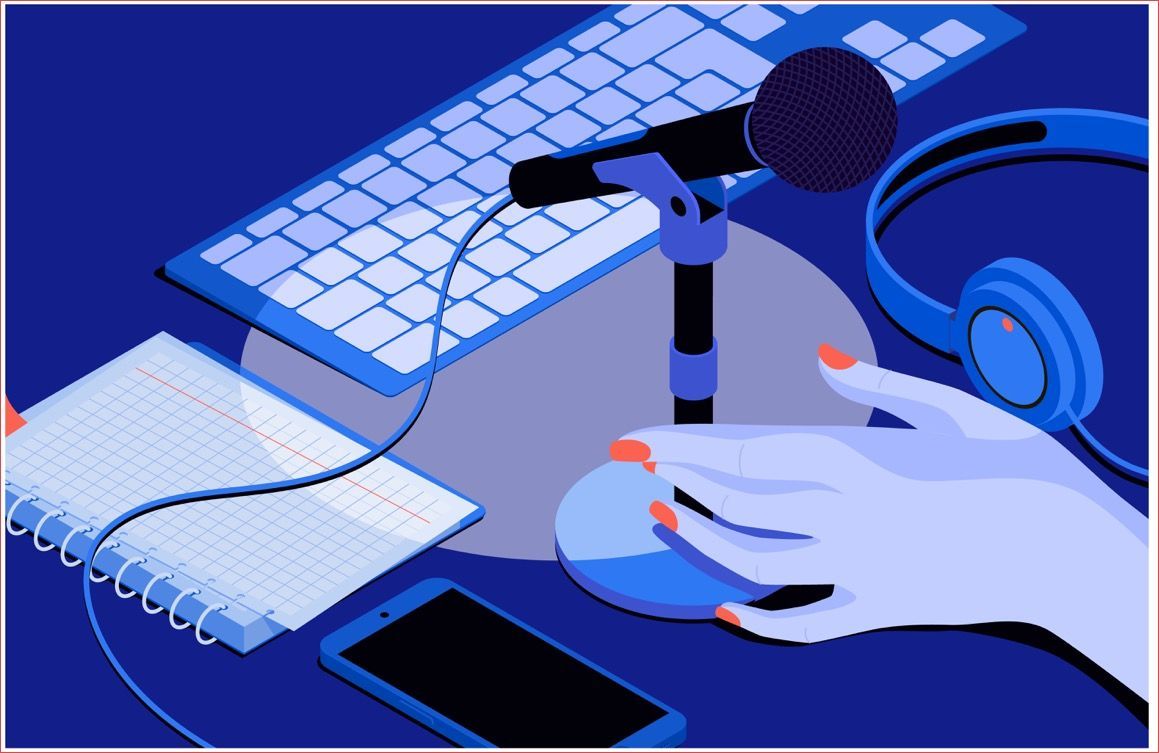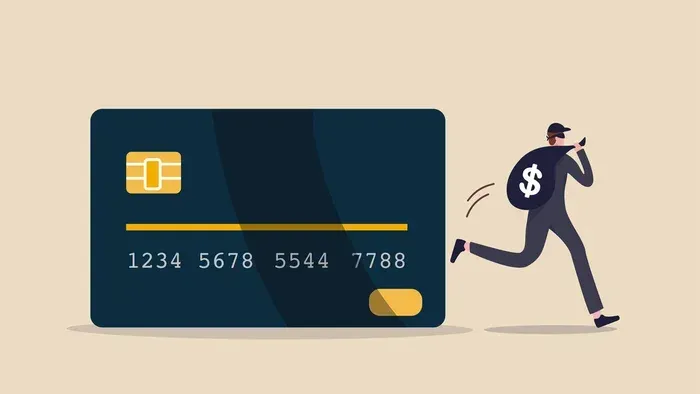Why You Shouldn't Order Your Prompts Through the "Big Dog"
When I first started my voiceover career (some 25+ years ago), my competition was other voice talent. (Actually, early on, I decided not to spend too much time focusing on what other talent were doing – I kept in my own lane and did my thing. I still do. It’s served me well.)
Then, it became apparent that the other entities that did exactly what I did (and had the potential to take business away from me) were other *companies* who produce IVR, and not necessarily other individuals. (And take business away they did: these agencies had the financial clout – and sizable research staff – to unearth leads that I alone couldn’t possibly do on my own, regardless of how hard I worked.)
These companies became clearing houses for voice talent who specialize in voicing telephone systems, and acted as agents between the talent and prospective companies who needed a voice for their system. They represent a vast stable of talent and cater to multiple languages and accent skillsets and who also offer translation services.
Quite frankly, they seemed to have the big telephony platform producers in their back pockets, and even if it was possible – through my own tenacity and research – to dig up the contact information of the decisionmakers, it wasn’t uncommon to hear the phrase: “Thanks for your interest, but we already have a relationship with…”
Pretty daunting for a single, independent voice talent to deal with.
So how did I come to terms with being the “small dog”? And how have I done pretty well as a competitor – and built my own, albeit smaller-scale business by being a “small dog”?
I’m Already a Brand
With every respect to the talent in the rosters of these large agencies, I have been at this for awhile, and I’ve already built my brand. I’m not – and never have been – just another voice in the roster. I originally gained notoriety in the IVR space as the voice of the Asterisk Open-Source PBX (for awhile, the fastest-growing telephony platform globally) and went on to voice thousands of other systems outside of the open source world. That’s me when you call PetSmart. That’s me when you call Samsung. I’m not an anonymous voice in a talent roster and will never be.
I Offer What They Can’t
My secret sauce? Same day turnaround, great rates, and fast response, and cheerful demeanor. Clients of mine who have tried the big agencies tell me all about complicated booking processes, slow response to requests, waiting weeks for the sound files, and having to audition a bunch of voices. None of that is a part of how I work – I’m sensitive to time deadlines, budgets, and I’m super aware that it’s things like the minutiae of voice selecting that can sideline a project. People come to me because they’re familiar with my work and want “that sound”. Not to listen to a bunch of anonymous demos to “shop” for a voice.
There’s a Lot of Power In being the “Outlier.”
I have more agency in decision-making than a talent represented by a large company has. I am more flexible in my rates, I have the freedom to offer volume discounts, and price according to the project. It’s more interactive, personal, and responsive to deal with an independent voice talent like myself than communicating with a talent who is obligated to communicate only through the agency. I call the shots, and I keep the money. It may interest people to know how much off the top the large agencies take, and how little the voice talent is actually paid. Interesting factoid: the voice of Siri – found through one of the biggest agencies (at the time) -- was paid basic scale for her initial work for Apple.
The apex to the whole “Big Dog/Small Dog” paradigm happened recently when I attended an AI conference and there on the exhibit floor was a booth of one of the big competitors. Despite me seeing them at previous tradeshows (sometimes as Astricon – where I had the contract to voice the IVR – they would show up to try to poach my business) – this booth was staffed by new associates I didn’t know. But they knew me. What transpired was a warm, respectful conversation, with the rep reiterating what a well-known fixture on the scene I was, and what a high opinion they had of me, even though I was never in their roster. I immediately lost any contempt I had for them; the realization that I was a completely different entity than they are – and that there’s room for everyone – gave me a peace I still hold onto.
What does Big God/Small Dog mean for you, the IVR consumer?
Going with the bigger agency isn’t always the way to go – especially when they can’t offer you the attention, the responsiveness, and the consistent branding that a smaller, more dedicated talent-run studio can. There’s a consistency in building a long-term relationship with the same talent, and your system will have a cohesiveness if all updates and changes are voiced in the same voice. You can also feel good about supporting a small business, providing them with the experience and clientele that allows them to expand and grow.











